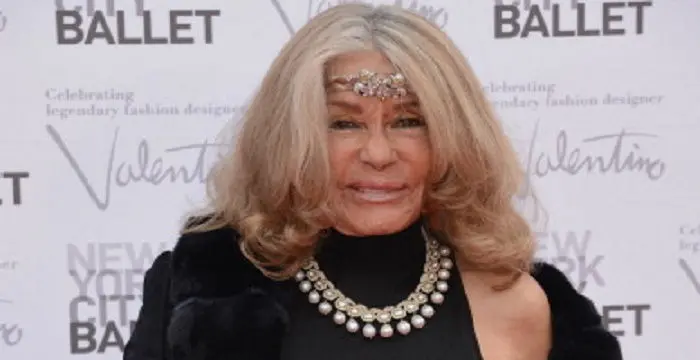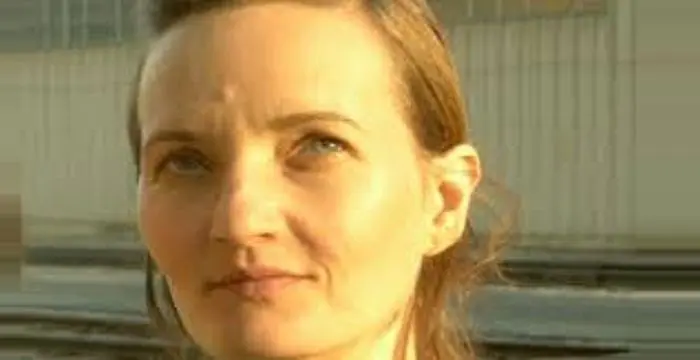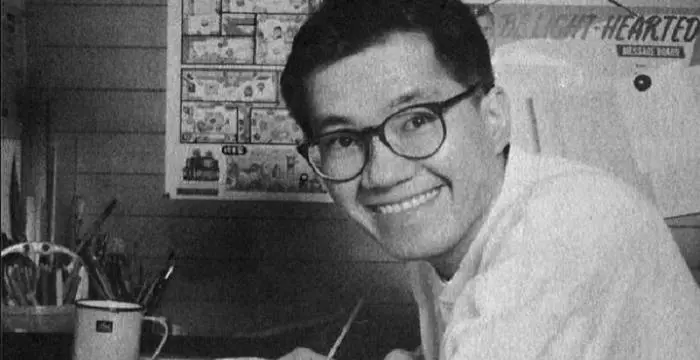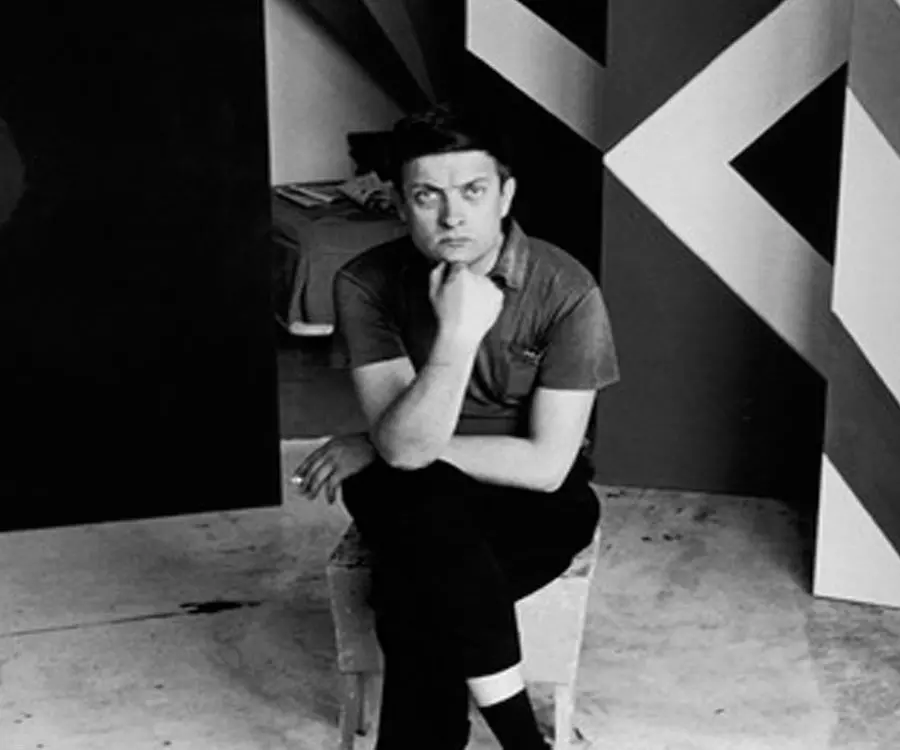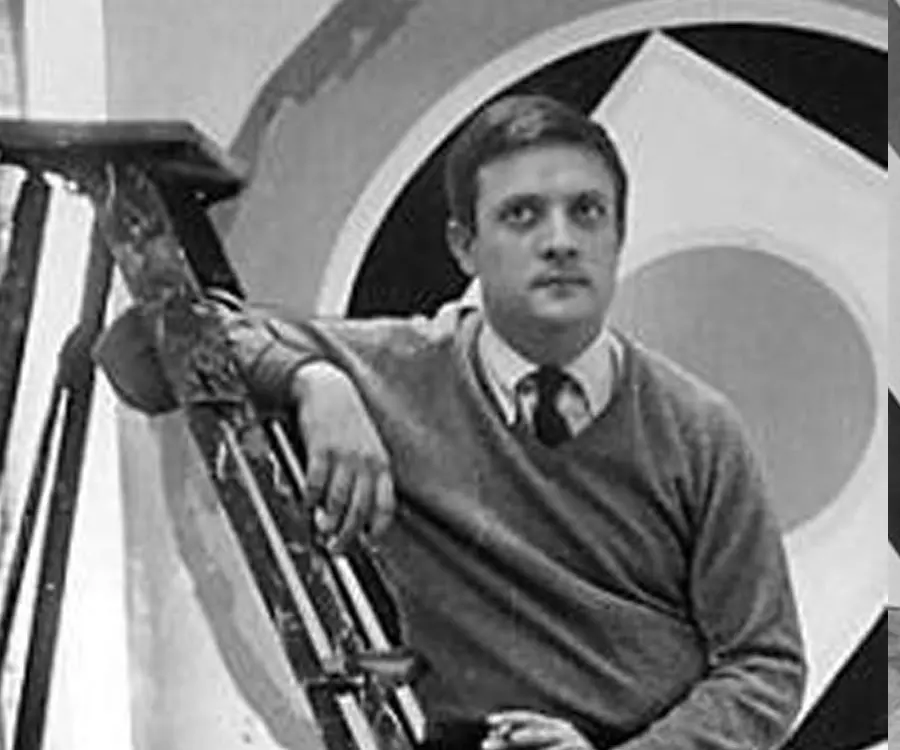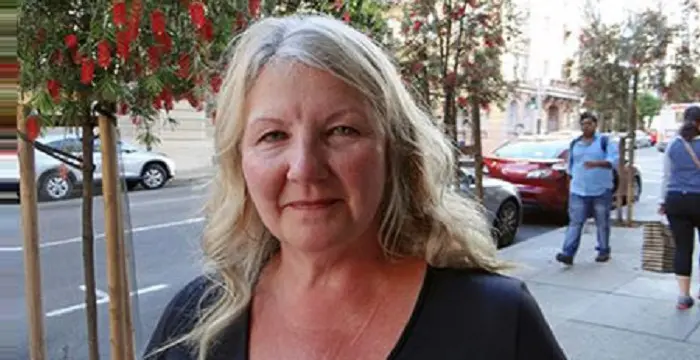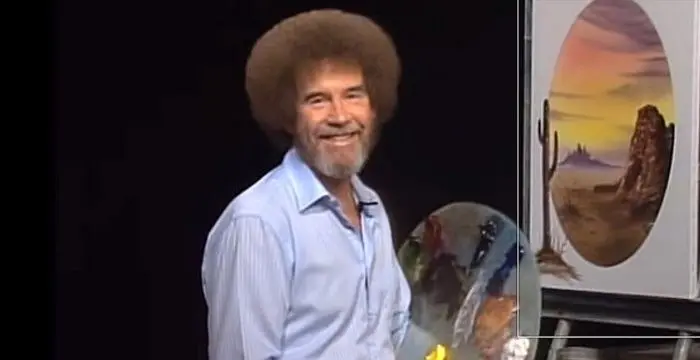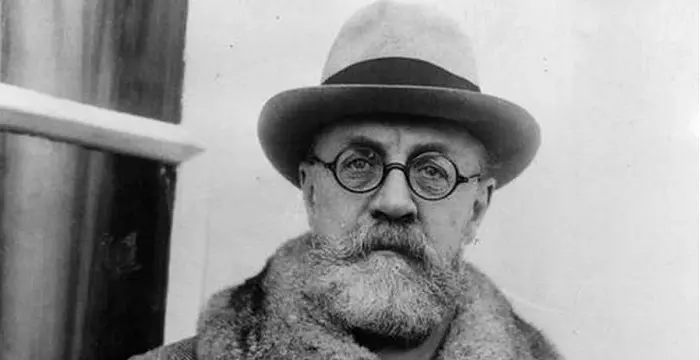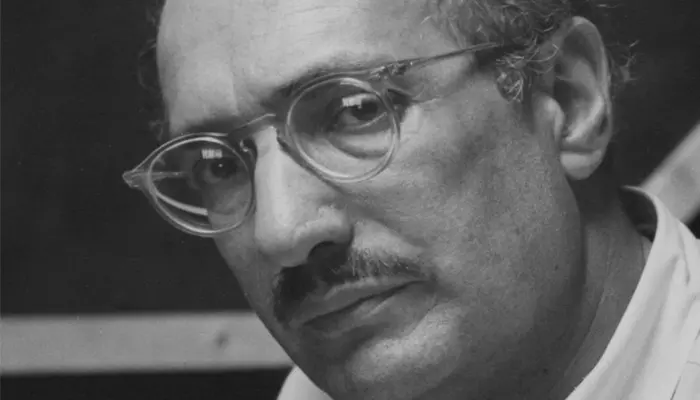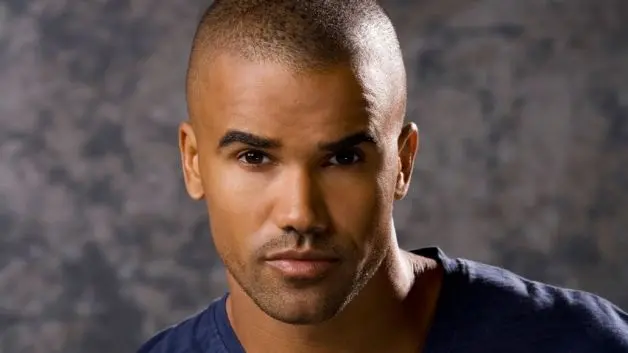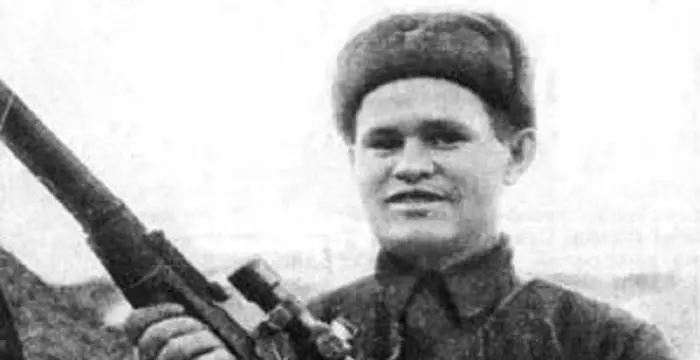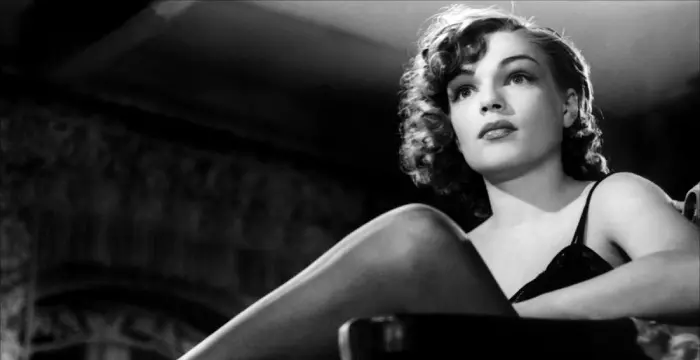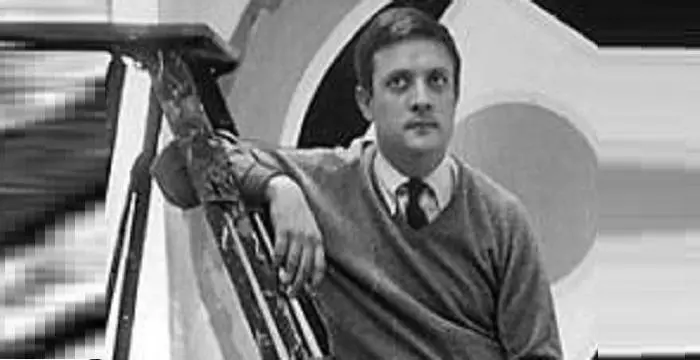
Kenneth Noland - Artists, Career and Childhood
Kenneth Noland's Personal Details
Kenneth Noland was an American abstract painter
| Information | Detail |
|---|---|
| Birthday | April 10, 1924 |
| Died on | January 5, 2010 |
| Nationality | American |
| Famous | Artists & Painters, Artists, Abstract Painters |
| Spouses | Cornelia Langer, Paige Rense, Peggy Schiffer, Stephanie Gordon |
| Siblings | Billie Noland, Harry Noland Jr., Lawrence Noland, Neil Noland |
| Known as | Kenneth Clifton Noland |
| Childrens | Cady Noland, Lyn Noland, Sam Noland, William Noland |
| Universities |
|
| Birth Place | Asheville, North Carolina, U.S. |
| Gender | Male |
| Father | Harry Caswell Noland |
| Mother | Bessie Noland |
| Sun Sign | Aries |
| Born in | Asheville, North Carolina, U.S. |
| Famous as | Abstract Painter |
| Died at Age | 85 |
// Famous Artists & Painters
Micheline Roquebrune
Micheline Roquebrune is a petite Moroccan-French painter best known as the third wife the legendary Scottish actor Sir Sean Connery. Check out this biography to know about her birthday, childhood, family life, achievements and fun facts about her.
Yvonne McGuinness
Yvonne McGuinness is an Irish multimedia artist. This biography profiles her childhood, family, personal life, career, etc.
Akira Toriyama
Akira Toriyama is a Japanese manga artist. This biography profiles his childhood, family, personal life, achievements, etc.
Kenneth Noland's photo
Who is Kenneth Noland?
Kenneth Noland was an American abstract painter whose works of art adorn many of the world’s best museums and galleries including the Solomon R Guggenheim Museum, the Museum of Modern Art (MoMA), and the Hirshhorn Museum and Sculpture Garden. His minimalistic and abstract paintings played with the relationship between form and color and ushered a new wave of expressionism. He was not an accidental painter but received formal training and experience with some of the most well-known artists of the time. Most of his paintings were targets, chevrons, stripes, and shaped canvases. With these four motifs, he created a wide range of art that dabbled in different colors. Both symmetrical and asymmetrical forms found favor with him and he embraced them beautifully. His aim was to splash the canvas with color and not dilute it with brush strokes. For him, art was always about the art, not the artist. Throughout his life, he held many teaching positions and passed on his wisdom to other budding artists. He helped establish the “Washington Color School” movement. His entire life was dedicated to his art and he spent his final days in his studio. His children became artists in their own right and continue to spread his colorful legacy.
// Famous Artists
Susan Mikula
Susan Mikula is an American artist and photographer. Check out this biography to know about her childhood, family life, achievements and fun factsabout her life.
Akira Toriyama
Akira Toriyama is a Japanese manga artist. This biography profiles his childhood, family, personal life, achievements, etc.
Bob Ross
Bob Ross was a celebrated, creative American painter and an art instructor. Check out this biography to know about his birthday, childhood, family life, achievements and fun facts about him.
Childhood & Early Life
Kenneth Clifton Noland was born on April 10, 1924, in Asheville, North Carolina. His parents were pathologist Harry Caswell Noland and Bessie Noland.
He was one of five siblings, David, Bill, Neil, and Harry Jr. He described his father as an amateur painter who instilled the love of the arts and painting in him.
He completed high school in 1942 and later attended Black Mountain College for two years near his hometown. At Black Mountain, he studied color theory and contrasts of negative space, and geometric abstraction.
In 1948, he traveled to Paris to study under Russian sculptor, OssipZadkine. He would later go on to rebel against cubist teachings focusing on simplicity and form.
Career
Uunder the guidance of Zadkine in 1949, he had his first one-person exhibition of his paintings in France at the Galerie Raymond Creuze.
Noland began his career as a teacher. After his education in Paris, he returned to America and began teaching fine arts at the “Institute of Contemporary Art” in Washington DC. He taught there for 3 years from 1949 to 1951.
In the summer of 1950, he met artist Helen Frankenthaler and critic, Clement Greenberg. Both of them would become his greatest supporters. This meeting was a turning point in his career as it helped him develop his artistic style.
His meeting with Helen Frankenthaler enabled him to adopt her “soak-stain” techniques into his own canvases. During his period at the Washington Workshop Center for the Arts in DC, he met Morris Louis, another artist in his league.
From 1951 to 1960, he taught at the “Catholic University” in Washington DC. He also taught at the “Washington Workshop Center for the Arts” from 1952 to 1956.
By the late 1950s, he was creating centralized circular motifs that sharpened with every new brush stroke. Shape-wise there wasn’t any variety but the vivid hues caught the attention of many. The staining technique kept the colors disembodied and purely optical adding to the mystique and intrigue of his paintings.
He created his art in series. He kept the motif similar and experimented with colors. He took his art and skill to New York City in 1961.
He moved on from targets to chevrons in 1962. Keeping the essence of his work similar but changing the motifs, he created dramatic pieces that were exhibited at the Venice Biennale in 1964. At this time, he and Louis along with other painters came to be known as the “Washington Color Painters” and he was included among artists known as the post-painterly abstractionists.
In 1965, he received a retrospective at the Jewish Museum. He pioneered the shaped canvas and used it extensively in his works. These shaped canvases helped to create a complex and sophisticated series of art.
Between 1967 and 1970, he created a series called “Stripes” that used rectangular canvases and chevron motifs. This included parallel lines that covered the entire canvas with varying degrees of widths and colors.
In 1977, the Guggenheim Museum in New York staged his first major show, “Kenneth Noland: A Retrospective”. This show traveled to various galleries namely Hirshhorn Museum and Sculpture Garden, Corcoran Gallery of Art, and Toledo Museum of Art. He was also elected to the American Academy of Arts and Letters.
He expanded his artistry to plaids and more chevrons with thicker paint in the 1980s. He became a Milton Avery Professor of Art at Bard College in 1985. Since then, he was a member of the Board of Trustees at Bennington College.
“Kenneth Noland at Leo Castelli” was an exhibition of 35 years of his work that was staged at New York. It included his target paintings from the 1960s to his “Flare” and “Flow” series from the 1990s.
He continued teaching till he retired in 1997 and then dedicated his time to his paintings that were a beautiful amalgamation of color and form.
In 1999, he began to work on his “Mysteries” series of paintings. It was a throwback to his initial years as a formalist abstractionist. He went back to painting symmetrical targets with bold colors and reaffirmed their relevance to modernism.
Major Works
“Beginning” (1958) was one of his earliest paintings that depicted a bull’s eye using an unlikely combination of colors. His belief was that any piece should be about the art and not the artist. During this period, he created a series of art that were similar to targets.
He indulged in creating many geometric abstracts such as “Baba Yagga” (1964) and “Galore” (1966).
Awards & Achievements
In 1995, he was presented with the “North Carolina Award” in Fine Arts, the highest civilian honor bestowed by North Carolina.
In 1997 he was awarded an honorary “Doctor of Fine Arts” degree from Davidson College, Davidson, North Carolina.
Personal Life & Legacy
Kenneth Noland was married four times. His first wife was the daughter of U.S. senator William Langer. The couple had three children, Cady, Lyndon, and William. They divorced soon after.
He had an affair with artist and socialite Mary Pinchot Meyer in the 1960s.
In April 1967, he married psychologist Stephanie Gordon. He and Stephanie lived together for three years before marrying. They divorced three years after in June 1970.
Art historian Peggy L. Schiffer became his third wife in 1970. Together, they had a son, Samuel Jesse.
He married Paige Rense, an editor on April 10, 1994.
He passed away on January 5, 2010, in Maine, USA at the age of 85. The cause of death was kidney cancer.
Trivia
Writer and artist Michael Fallon claimed that Billie Ruth Sinclair, his grandmother was married to Noland. This is yet to be ascertained.
His children have inherited his artistry and made careers out of it. Cady is an installation artist and sculptor, Lyndon and William are also sculptors. In addition to this, Lyndon is a camerawoman and William is a photographer and professor of visual arts at Duke University.
// Famous Abstract Painters
Micheline Roquebrune
Micheline Roquebrune is a petite Moroccan-French painter best known as the third wife the legendary Scottish actor Sir Sean Connery. Check out this biography to know about her birthday, childhood, family life, achievements and fun facts about her.
Henri Matisse
Henri Matisse was an eminent French artist. This biography profiles his childhood, life, career, works, achievements, trivia and timeline.
Mark Rothko
Marcus Yakovlevich Rothkowitz was a painter of Latvian Jewish descent living in the United States of America. If you would like to learn more about his profile, childhood, career and timeline, read on
Kenneth Noland biography timelines
- // 10th Apr 1924Kenneth Clifton Noland was born on April 10, 1924, in Asheville, North Carolina. His parents were pathologist Harry Caswell Noland and Bessie Noland.
- // 1942He completed high school in 1942 and later attended Black Mountain College for two years near his hometown. At Black Mountain, he studied color theory and contrasts of negative space, and geometric abstraction.
- // 1948In 1948, he traveled to Paris to study under Russian sculptor, OssipZadkine. He would later go on to rebel against cubist teachings focusing on simplicity and form.
- // 1949Uunder the guidance of Zadkine in 1949, he had his first one-person exhibition of his paintings in France at the Galerie Raymond Creuze.
- // 1949 To 1951Noland began his career as a teacher. After his education in Paris, he returned to America and began teaching fine arts at the “Institute of Contemporary Art” in Washington DC. He taught there for 3 years from 1949 to 1951.
- // 1950In the summer of 1950, he met artist Helen Frankenthaler and critic, Clement Greenberg. Both of them would become his greatest supporters. This meeting was a turning point in his career as it helped him develop his artistic style.
- // 1958“Beginning” (1958) was one of his earliest paintings that depicted a bull’s eye using an unlikely combination of colors. His belief was that any piece should be about the art and not the artist. During this period, he created a series of art that were similar to targets.
- // 1961He created his art in series. He kept the motif similar and experimented with colors. He took his art and skill to New York City in 1961.
- // 1962 To 1964He moved on from targets to chevrons in 1962. Keeping the essence of his work similar but changing the motifs, he created dramatic pieces that were exhibited at the Venice Biennale in 1964. At this time, he and Louis along with other painters came to be known as the “Washington Color Painters” and he was included among artists known as the post-painterly abstractionists.
- // 1964 To 1966He indulged in creating many geometric abstracts such as “Baba Yagga” (1964) and “Galore” (1966).
- // 1965In 1965, he received a retrospective at the Jewish Museum. He pioneered the shaped canvas and used it extensively in his works. These shaped canvases helped to create a complex and sophisticated series of art.
- // 1967 To 1970Between 1967 and 1970, he created a series called “Stripes” that used rectangular canvases and chevron motifs. This included parallel lines that covered the entire canvas with varying degrees of widths and colors.
- // Apr 1967 To Jun 1970In April 1967, he married psychologist Stephanie Gordon. He and Stephanie lived together for three years before marrying. They divorced three years after in June 1970.
- // 1970Art historian Peggy L. Schiffer became his third wife in 1970. Together, they had a son, Samuel Jesse.
- // 1977In 1977, the Guggenheim Museum in New York staged his first major show, “Kenneth Noland: A Retrospective”. This show traveled to various galleries namely Hirshhorn Museum and Sculpture Garden, Corcoran Gallery of Art, and Toledo Museum of Art. He was also elected to the American Academy of Arts and Letters.
- // 1985He expanded his artistry to plaids and more chevrons with thicker paint in the 1980s. He became a Milton Avery Professor of Art at Bard College in 1985. Since then, he was a member of the Board of Trustees at Bennington College.
- // 10th Apr 1994He married Paige Rense, an editor on April 10, 1994.
- // 1995In 1995, he was presented with the “North Carolina Award” in Fine Arts, the highest civilian honor bestowed by North Carolina.
- // 1997He continued teaching till he retired in 1997 and then dedicated his time to his paintings that were a beautiful amalgamation of color and form.
- // 1997In 1997 he was awarded an honorary “Doctor of Fine Arts” degree from Davidson College, Davidson, North Carolina.
- // 1999In 1999, he began to work on his “Mysteries” series of paintings. It was a throwback to his initial years as a formalist abstractionist. He went back to painting symmetrical targets with bold colors and reaffirmed their relevance to modernism.
- // 5th Jan 2010He passed away on January 5, 2010, in Maine, USA at the age of 85. The cause of death was kidney cancer.
// Famous Aries Celebrities peoples
Skai Jackson
Skai Jackson is an American child actress with huge fan following. Find more about her family & personal life, relationships, facts and more.
Shemar Moore
Shemar Moore is a model turned actor best known for his role in the television series ‘The Young and the Restless’. This biography of Shemar Moore provides detailed information about his childhood, life, achievements, works & timeline.
Vasily Zaytsev
Vasily Zatysev was a Russian sniper who served during the World War II. Check out this biography to know about his childhood, family life, achievements and fun facts about him.
Ivey Meeks
Ivey Meeks is an American YouTube star and model. Let’s have a look at her family and personal life including age, date of birth, net worth, boyfriends and fun facts.
Tobi Lerone
Check out all that you wanted to know about Tobi Lerone, the famous YouTube Personality and gamer; his birthday, his family and personal life, his girlfriends, fun trivia facts and more.
Simone Signoret
Simone Signoret was a French actress who became the first French person to win an Academy Award. Check out this biography to know about her childhood, family life, achievements and other facts related to her life.
Kenneth Noland's FAQ
What is Kenneth Noland birthday?
Kenneth Noland was born at 1924-04-10
When was Kenneth Noland died?
Kenneth Noland was died at 2010-01-05
Where was Kenneth Noland died?
Kenneth Noland was died in Port Clyde
Which age was Kenneth Noland died?
Kenneth Noland was died at age 85
Where is Kenneth Noland's birth place?
Kenneth Noland was born in Asheville, North Carolina, U.S.
What is Kenneth Noland nationalities?
Kenneth Noland's nationalities is American
Who is Kenneth Noland spouses?
Kenneth Noland's spouses is Cornelia Langer, Paige Rense, Peggy Schiffer, Stephanie Gordon
Who is Kenneth Noland siblings?
Kenneth Noland's siblings is Billie Noland, Harry Noland Jr., Lawrence Noland, Neil Noland
Who is Kenneth Noland childrens?
Kenneth Noland's childrens is Cady Noland, Lyn Noland, Sam Noland, William Noland
What was Kenneth Noland universities?
Kenneth Noland studied at Black Mountain College
Who is Kenneth Noland's father?
Kenneth Noland's father is Harry Caswell Noland
Who is Kenneth Noland's mother?
Kenneth Noland's mother is Bessie Noland
What is Kenneth Noland's sun sign?
Kenneth Noland is Aries
How famous is Kenneth Noland?
Kenneth Noland is famouse as Abstract Painter
